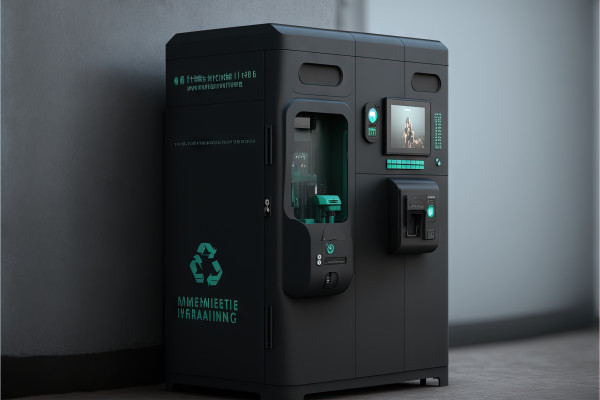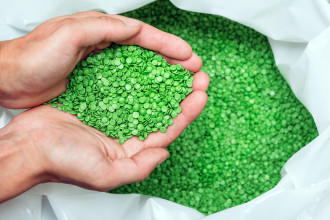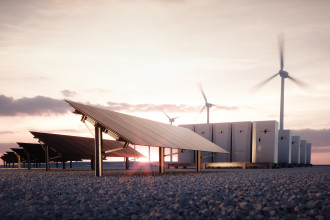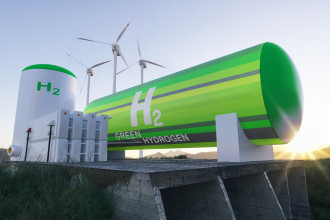However, advances in technology are now offering new solutions to the waste management problem. One of the most promising of these solutions is smart waste, a concept that leverages the power of the Internet of Things (IoT) to optimize waste collection and disposal.
In this article, we'll explore the concept of smart waste and how it can benefit businesses of all sizes.
What is Smart Waste?
Smart waste is a waste management system that uses IoT sensors and real-time data analytics to optimize waste collection, transportation, and disposal. The system consists of sensors installed in waste bins that can detect the fill level of the bin and transmit that data to a central platform. The platform then uses that data to optimize the waste collection schedule, reducing the frequency of collection for bins that are less full and increasing it for those that are more full.
Additionally, the platform can analyze the data to identify trends and patterns in waste generation, which can help businesses and municipalities make informed decisions about waste reduction strategies and resource allocation.
Benefits of Smart Waste for Businesses
Smart waste offers a range of benefits for businesses of all sizes, including:
- Cost savings: By optimizing waste collection schedules, businesses can reduce the frequency of waste collection and save on labor and transportation costs.
- Improved efficiency: Smart waste systems can help businesses streamline their waste management processes, reducing the time and resources required to manage waste.
- Environmental sustainability: By reducing the amount of waste that ends up in landfills, smart waste systems can help businesses reduce their carbon footprint and contribute to a more sustainable future.
- Enhanced safety: By reducing the frequency of waste collection, smart waste systems can help reduce the risk of accidents and injuries associated with waste management.
How to Implement Smart Waste in Your Business
Implementing a smart waste system in your business is relatively straightforward. Here are the key steps involved:
Assess your waste management needs: Before implementing a smart waste system, you'll need to assess your current waste management processes and identify areas for improvement.
- Choose a smart waste platform: There are a variety of smart waste platforms available, so you'll need to choose one that meets your specific needs and budget.
- Install sensors: Once you've chosen a platform, you'll need to install sensors in your waste bins. The sensors can be retrofitted to existing bins or installed in new bins.
- Connect to the platform: The sensors will transmit data to the smart waste platform, which you can access through a web portal or mobile app.
- Monitor and optimize: Once the system is up and running, you can monitor the data and optimize the waste collection schedule to maximize efficiency and cost savings.
To Conclude
Smart waste is an innovative solution to the waste management problem that is revolutionizing the way businesses and municipalities manage waste. By leveraging the power of IoT sensors and real-time data analytics, smart waste systems can help businesses optimize waste collection and disposal, reduce costs, and contribute to a more sustainable future. If you're looking to improve your waste management processes, consider implementing a smart waste system in your business.
Quickscout
Looking for suitable
technology providers?
Start scouting!







